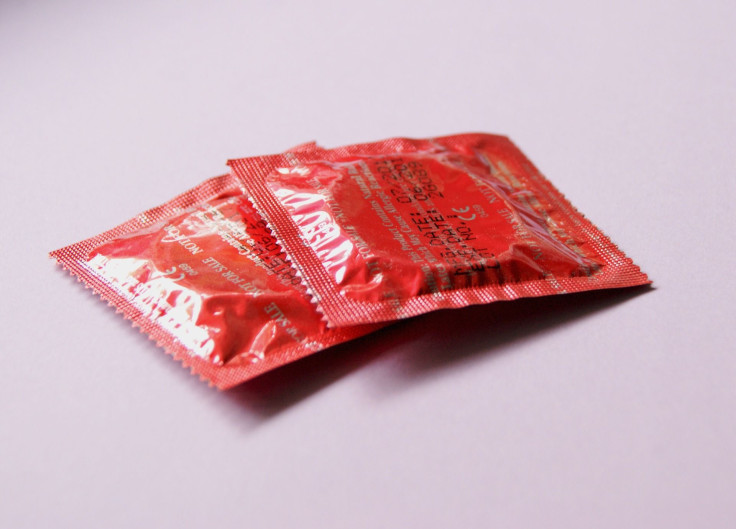Canada Records 1,271% Increase In Early Congenital Syphilis Cases

Canada has witnessed an alarming increase in pediatric cases of syphilis, with the rate rising faster than those recorded in the United States and Europe.
Based on official data presented by Health Canada, the incidence of early congenital syphilis was only 7 in 2017. But this soared to 96 cases in 2021 — recording a 1,271% increase.
Early congenital syphilis is defined by the country's health-centric federal department as a laboratory-confirmed Treponema pallidum infection occurring within the first 2 years of birth.
T. pallidum is the bacteria responsible for syphilis. The condition is often referred to as the "great imitator" because its signs and symptoms are mostly indistinguishable from other diseases, according to the Centers for Disease Control and Prevention (CDC).
Common symptoms of syphilis include fever, headache, weight loss, fatigue, skin rash on the palms and soles or other body parts and ulcers at the inoculation sites, including genitals, rectum, tongue and lips, per the public health agency.
Based on preliminary government data, Canada is on track to experience another increase in congenital cases. This is alarming since babies who contract the condition at birth are at risk of low birth weight, bone malformations and sensory problems, according to the World Health Organization (WHO).
Public health researchers said people experiencing poverty, homelessness and drug use are more likely to get infected through unsafe sex. Those with inadequate access to the health system have the same risk, and they may pass the bacteria to their babies during pregnancy and birth.
"In high-income countries, you see it in pockets of disadvantaged populations. It's a marker of inequality. It's a marker of low-quality prenatal care," Teodora Elvira Wi, who works in the WHO's HIV, Hepatitis and sexually transmitted infection program, told Reuters.
Syphilis is easily preventable when one has access to penicillin during pregnancy. In Canada's case, most congenital syphilis cases were recorded among its Indigenous populations who experience discrimination and have poor access to health services.
"It's just the whole system, and all the things that we've done in bad ways not to support Indigenous communities," said Sean Rourke, a scientist with the Li Ka Shing Knowledge Institute at St. Michael's Hospital in Toronto.
To address the issue, Health Canada has dispatched epidemiologists to help Indigenous people in provinces contain the disease. The federal government is also working on expanding testing and treatment access to affected areas.




























